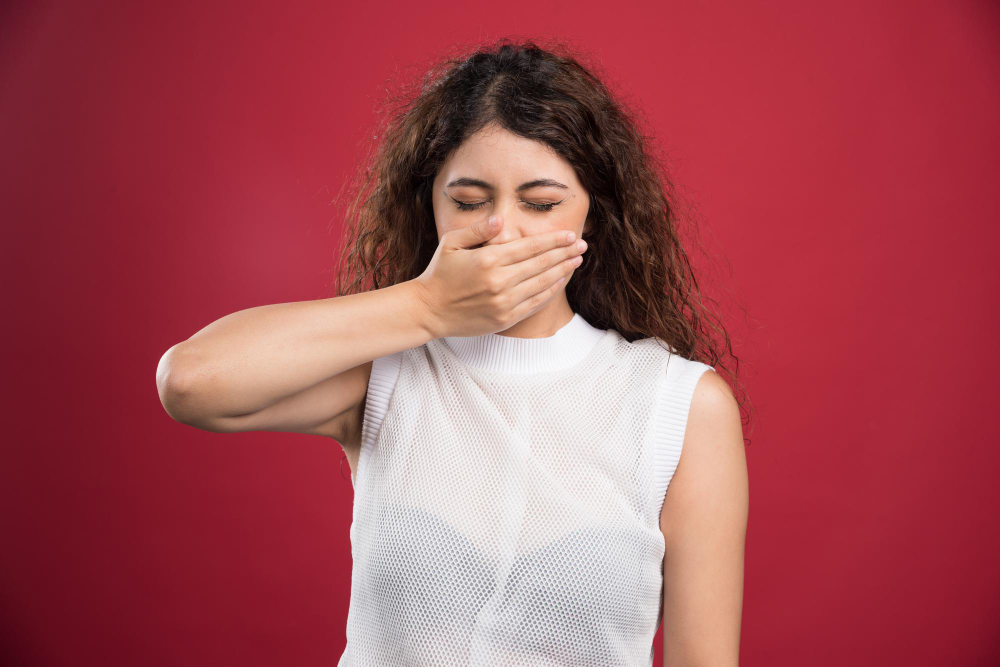What Is Bad Breath (Halitosis)?
Bad breath, also called halitosis, is a common problem. Many people in the United States and around the world experience it. Often, bad breath causes embarrassment and worry. However, it is usually treatable. Halitosis means your breath smells unpleasant. Most cases start in the mouth. Good oral hygiene and regular dental care can help prevent it. According to the CDC, keeping your mouth clean is key to fresh breath.
Common Causes of Bad Breath
Many reasons can lead to bad breath. Most are linked to the mouth. For example, food particles left behind can break down and cause odor. Here are some common causes:
In addition, skipping regular dental visits can make these problems worse. The American Dental Association recommends seeing a dentist twice a year.
Less Common and Medical Causes
Sometimes, bad breath comes from other health issues. Although these are less common, they are important to know. For instance, some medical conditions can cause halitosis:
However, most cases still start in the mouth. If you have ongoing bad breath, it is wise to check with your dentist or doctor.
How to Identify the Source
Finding the cause of bad breath can help you treat it. First, notice when your breath smells bad. For example, does it happen after eating certain foods? Or does it last all day? Next, check your oral hygiene habits. Are you brushing and flossing every day? Also, look for signs of gum disease, such as bleeding gums or loose teeth. If you wear dentures, make sure they are clean. Sometimes, your dentist may use special tools to check for odor. They can also look for dental problems that cause bad breath.
Prevention Tips
Good oral hygiene and bad breath prevention go hand in hand. Here are some dental tips for fresh breath:
Additionally, replace your toothbrush every three to four months. This helps keep your mouth clean and fresh.
When to See a Dentist
Sometimes, home care is not enough. If bad breath lasts more than a few days, see your dentist. Especially if you notice pain, loose teeth, or bleeding gums, it is important to get checked. Your dentist can find the cause and suggest the right treatment. In rare cases, they may refer you to a doctor if a medical problem is suspected. Early care can prevent bigger issues and help you feel confident again.
For personalized advice on managing bad breath, consult a dentist. They can help you find the best solution for your needs.
